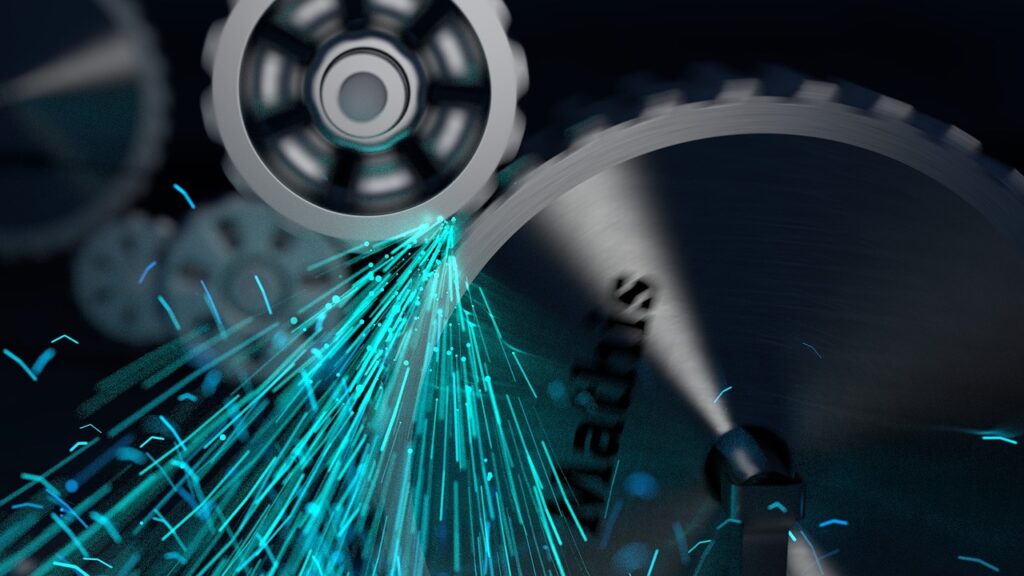Containers–and more specifically, Docker–have revolutionized the way applications are developed and deployed. They also come with a potential downside, though, in that it’s easy to create and deploy hundreds of containers in the blink of an eye and the Docker ecosystem can be difficult to keep up with and monitor effectively. Ruxit recently added Deep Docker Monitoring to its monitoring-as-a-service offering to help customers deal with the challenge of managing a Docker container environment.
I wrote this ContainerJournal blog post about Deep Docker Monitoring:
Microservices is a growing trend in IT—driven by DevOps and container technologies. One of the challenges organizations face as they adopt microservices architectures is monitoring and managing the increasingly complex environment. Ruxit recently announced Deep Docker Monitoring to address this issue with an integrated view across infrastructure and applications to enable faster and more effective problem resolution.
Ruxit is an application performance monitoring-as-a-service provider for startups, mid-size companies, and large organizations. Its artificial intelligence technology enables companies to manage thousands of servers with very small IT monitoring teams.
In general microservices streamline application development and IT infrastructure. All of the automation involved simplifies IT overall, but it also involves a vast array of granular, modular moving parts that need to be monitored and managed. Ruxit Deep Docker Monitoring addresses the challenges organizations face when moving containerized, microservices applications into production. Ruxit claims that its approach is more comprehensive than partial or piecemeal solutions offered by rivals.
According to a press release from Ruxit the Docker visibility is a new element of its Liquid Datacenter initiative. It builds on Ruxit’s existing experience with VMware and AWS environments to address complex and dynamic IT environments. The Docker-specific extension adds features to the Ruxit platform, including:
• Real-time visualization of multi-datacenter environments.
• Management for the dynamics of Kubernetes, Apache Mesos and AWS Elastic Beanstalk.
• Deep network monitoring for Software Defined Networks.
• Capacity planning for Docker-based micro service architecture.
Bernd Greifeneder, founder of Ruxit, states that this product meets the rising demand for Docker environments. “A new study we will be releasing next month reveals that about 40 percent of Docker users are already or about to move into production. As they take this step, close to 50 percent see proper monitoring as a key challenge they have to master.”
Check out the complete post on ContainerJournal: Ruxit promises greater visibility with Deep Docker Monitoring.
- Why Data Security Is the Real AI Risk - June 30, 2025
- Why Being Bold Matters in Cybersecurity—and Branding - June 3, 2025
- Gear Tested and Approved: My Top Picks for Dads and Grads This Season - May 28, 2025



